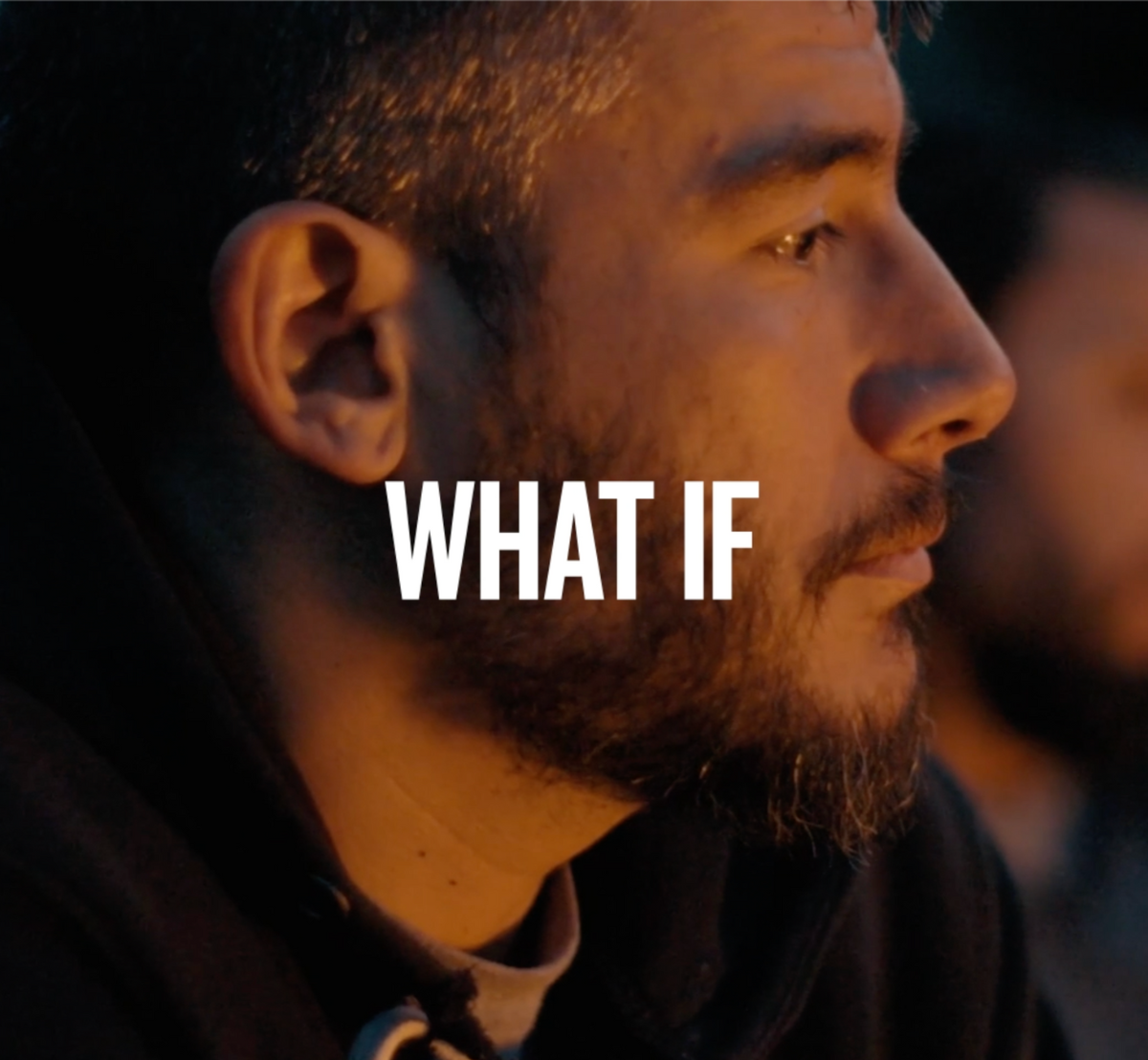This study examined the effects of disclosure about a highly stressful event and perceived social reactions to the disclosure on posttraumatic growth (PTG) and distress. Participants (395 Japanese university students) reported on their most traumatic life event that had occurred less than 10 years previously. Those who had disclosed about their events provided open-ended descriptions of the perceived social reactions they received. The reactions were coded using two different classifications: a global categorization (Positive, Negative, and Other), and then a more precise assignment to 7 categories (Sympathizing, Encouraging, Listening, Mutual disclosing, Being confused, Not taking it seriously, and Other). PTG was higher in those who disclosed about the event. In addition, those who perceived their recipients’ reactions as involving mutual disclosure reported higher PTG than those who reported reactions of being confused, and higher distress than those who reported reactions of listening, encouraging, and sympathizing. These findings point to the importance of disclosure and of perceived recipients’ reactions to disclosure in the PTG and distress processes.
Read the Article “The Culture of Disclosure: Effects of Perceived Reactions to Disclosure on Posttraumatic Growth and Distress in Japan” https://doi.org/10.1521/jscp.2009.28.10.1226
Give strength & hope to those who serve
Your support powers life-changing programs offered at no charge to veterans, military, first responders, and their families. With your help, our Warriors won't just survive — they'll thrive.

